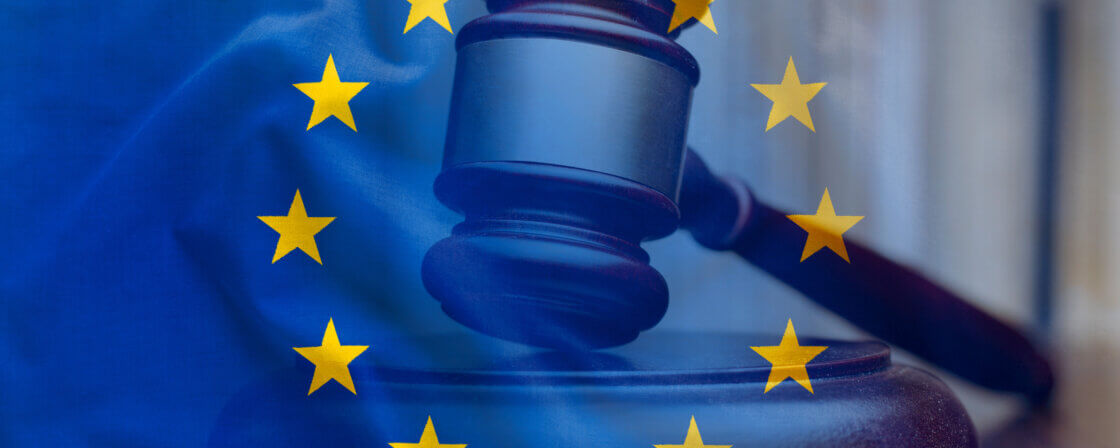The GPSR (General Product Safety Regulation) is a regulation issued by the European Union. It aims to ensure that products placed on the market are safe for consumers. This regulation replaces the older General Product Safety Directive. It responds to current technological and commercial trends and provides a modernised framework for what we will consider a safety standard.
What is the GPSR and who issued it?
The General Product Safety Regulation (GPSR) was adopted by the European Parliament and the Council of the EU to protect consumers from unsafe products, including those from third countries. The GPSR aims to comprehensively regulate product safety across the European Union. It responds to new challenges such as digitalisation and e-commerce. It will come into force as early as 13 December 2024.
Safety will be assessed from several perspectives, the main important ones being:
- product characteristics,
- impact on other products,
- product presentation (labelling, age recommendations, other warnings),
- the range of consumers for whom the product is intended (products for children must meet increased requirements),
- the appearance of the product,
- the function of the product.
Are you solving a similar problem?
We can help you with audit and legal representation
Do you need legal help in business? Don’t have time to look for a lawyer for your company every time? Arranging his time availability, catching up with him and dealing with billing? Or do you even need to have an attorney available at all times? Our lawyer is here for you.
I'm interested
- When you order, you know what you will get and how much it will cost.
- We handle everything online or in person at one of our 6 offices.
- We handle 8 out of 10 requests within 2 working days.
- We have specialists for every field of law.
Who is affected by the GPSR?
The Regulation applies to all manufacturers, importers, distributors and online sellers who place products on the EU market or sell them to consumers. This includes not only traditional physical sellers, but also digital platforms such as e-shops and marketplaces like Amazon and eBay.
A product is defined in this context as any tangible object intended for or likely to be used by consumers, whether for payment or free of charge.
What are the main obligations under the GPSR that everyone will have to comply with?
The Regulation imposes a number of obligations on all actors in the supply chain – manufacturers, importers, distributors and e-shop operators. Among the most important ones are:
1. Obligations of manufacturers
Manufacturers are responsible for the safety of products from design to marketing. Their main responsibilities are:
- Safety assessment: as a manufacturer, you must carry out a risk analysis to ensure that the product does not endanger the health or safety of consumers.
- Compliance with standards: you must ensure that the product complies with the relevant technical standards and regulations.
- Product labelling: You must clearly and legibly mark the product with the manufacturer’s name, brand or other identifying information.
- Safety information: You must provide consumers with instructions, warnings and safety instructions for the product in the language of the country where the product is sold.
- Product monitoring: You must maintain systems to monitor products on the market and actively monitor potential risks.
- Risk communication: You must inform competent authorities and consumers of any product safety issues and recall unsafe products.
2. Obligations of importers
Importers ensure that products coming from third countries meet EU safety requirements. Their obligations include:
- Verifying compliance: As an importer, you must check that the product complies with European standards and is labelled in accordance with the GPSR.
- Ensuring documentation: you must keep the declaration of conformity and other technical documents needed to verify safety.
- Traceability: You must ensure traceability of the supply chain.
- Labelling of contact details: You must include your contact information as the importer on the product or packaging.
- Cooperation with authorities: You must provide active assistance with market surveillance and provide information if requested.
3. Obligations of distributors
Distributors play a key role in placing products on the market. Their responsibilities include:
- Pre-distribution inspection: As a distributor, you must ensure that products are correctly labelled, contain all the necessary documents and meet safety requirements.
- Reporting problems: you must inform the manufacturer or importer of potentially dangerous products.
- Recall cooperation: You must actively participate in the recall of unsafe products and inform consumers.
- Record keeping: You must keep records of the origin and distribution of products.
4. Obligations of online shop operators
The GPSR places particular emphasis on online platforms, as these play a key role in the sale of products today. Their obligations include:
- Verification of compliance: As an online shop operator, you must ensure that the products you offer on your platform meet all safety requirements and are correctly labelled.
- Working with authorities: You must provide information about suppliers and product distribution when requested by regulators.
- Removing unsafe products: You must respond quickly to reports of unsafe products (e.g. remove a product from your offering).
- Transparency: You must publish the contact details of suppliers and importers to make them more traceable.
- Monitoring the products you offer: You must actively monitor the products you offer on your platform to prevent the re-sale of risky products.
Tip for article
Like GPSR, the GDPR currently scared many companies a few years ago. This is related, among other things, to employee privacy. Read more about it.
What products fall under GPSR?
The GPSR applies to all products except those already covered by specific legislation (e.g. medicines, foodstuffs or chemicals). However, if these products contain parts that are not covered by specific regulations, they are also covered by the GPSR.
The exceptions, therefore, are:
- human or veterinary medicinal products, food and feed,
- live plants and animals, genetically modified organisms and micro-organisms in contained use,
- products of animal origin and by-products,
- plant protection products,
- transport equipment operated by the service provider,
- aircraft whose design, manufacture, maintenance and operation present a low safety risk,
- antiques,
- products clearly marked to be repaired or reconditioned before use.
Penalties for violation of the GPSR
The regulation contains severe penalties for those who neglect their obligations. Fines vary from one Member State to another, but the maximum amount can be up to 4% of a company’s annual turnover on the EU market. The Czech draft law speaks of fines of up to 50 million CZK. However, the Czech supervisory authorities do not yet have a clear deadline for when they will start checking GPSRs, so for now you are not at risk of penalties.
Why is GPSR important?
GPSR is a response to the increasing globalisation and digitalisation of trade. As a result:
- It increases the safety of consumers who shop on digital platforms.
- Simplifies regulation by replacing older directives and adapting to modern trends.
- It promotes fair competition by ensuring that all market participants must follow the same rules.
Summary
The GPSR is an important step towards strengthening consumer protection and modernising the rules for marketing products in the EU. However, it does of course impose an administrative burden. It is effective from 13 December 2024. If you are a manufacturer, importer or retailer, we recommend that you audit your products and processes to ensure compliance with the GPSR and avoid penalties. Key responsibilities include risk and product safety assessments, ensuring product traceability, proper labeling and information in the language of the country, and accountability of online sales platforms. Thanks to the GPSR, we can all shop more safely and with greater confidence in the products we use every day.




